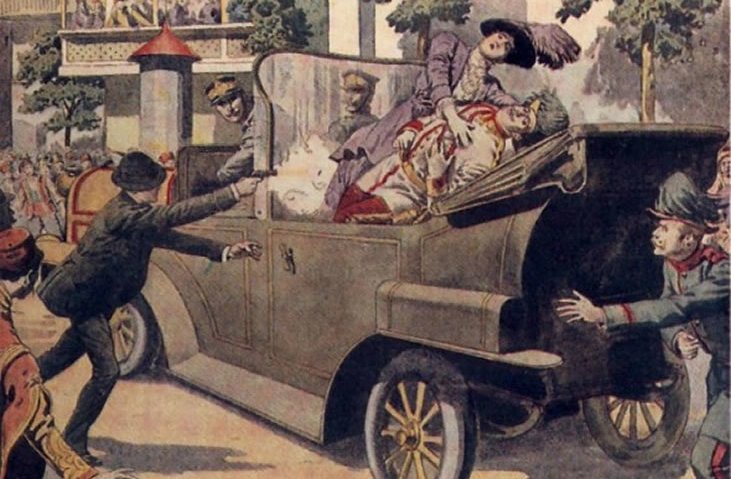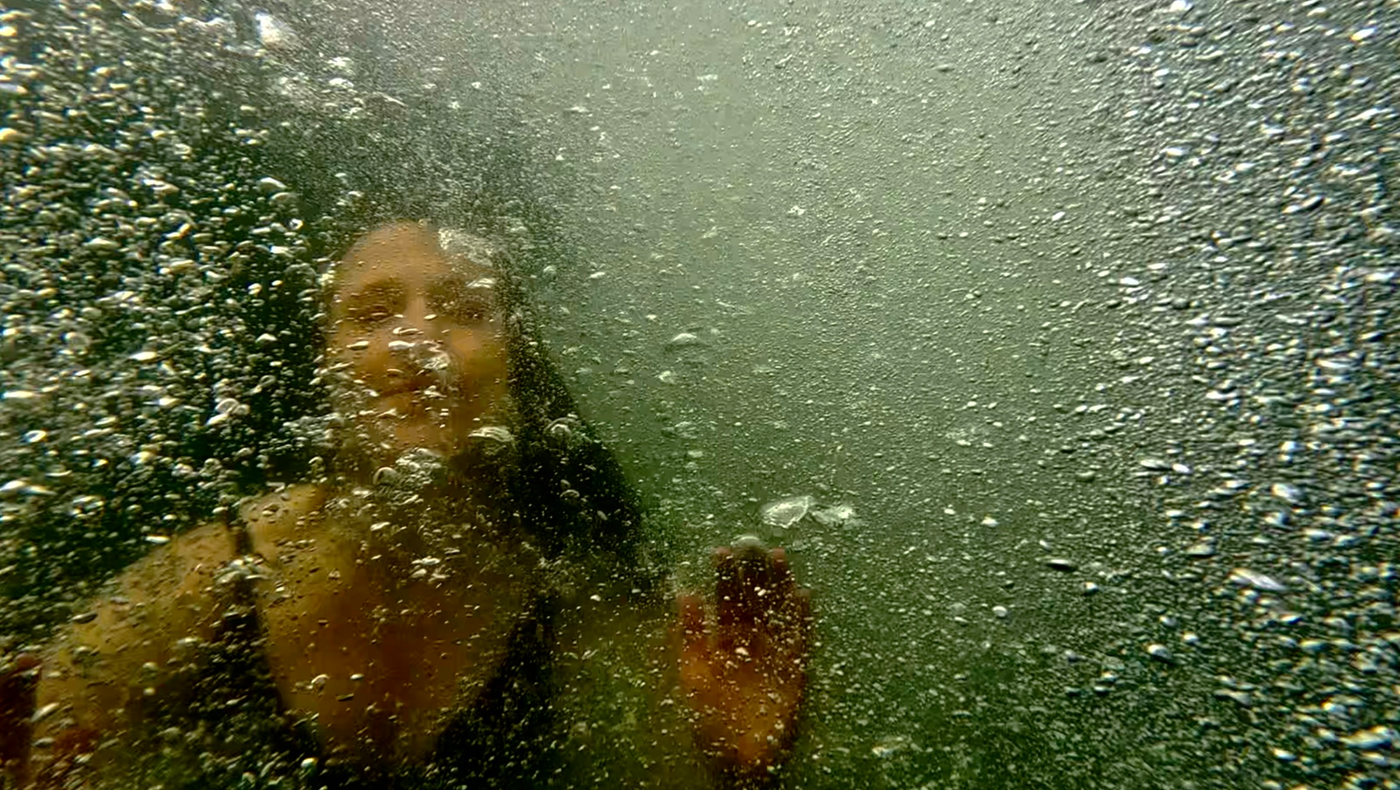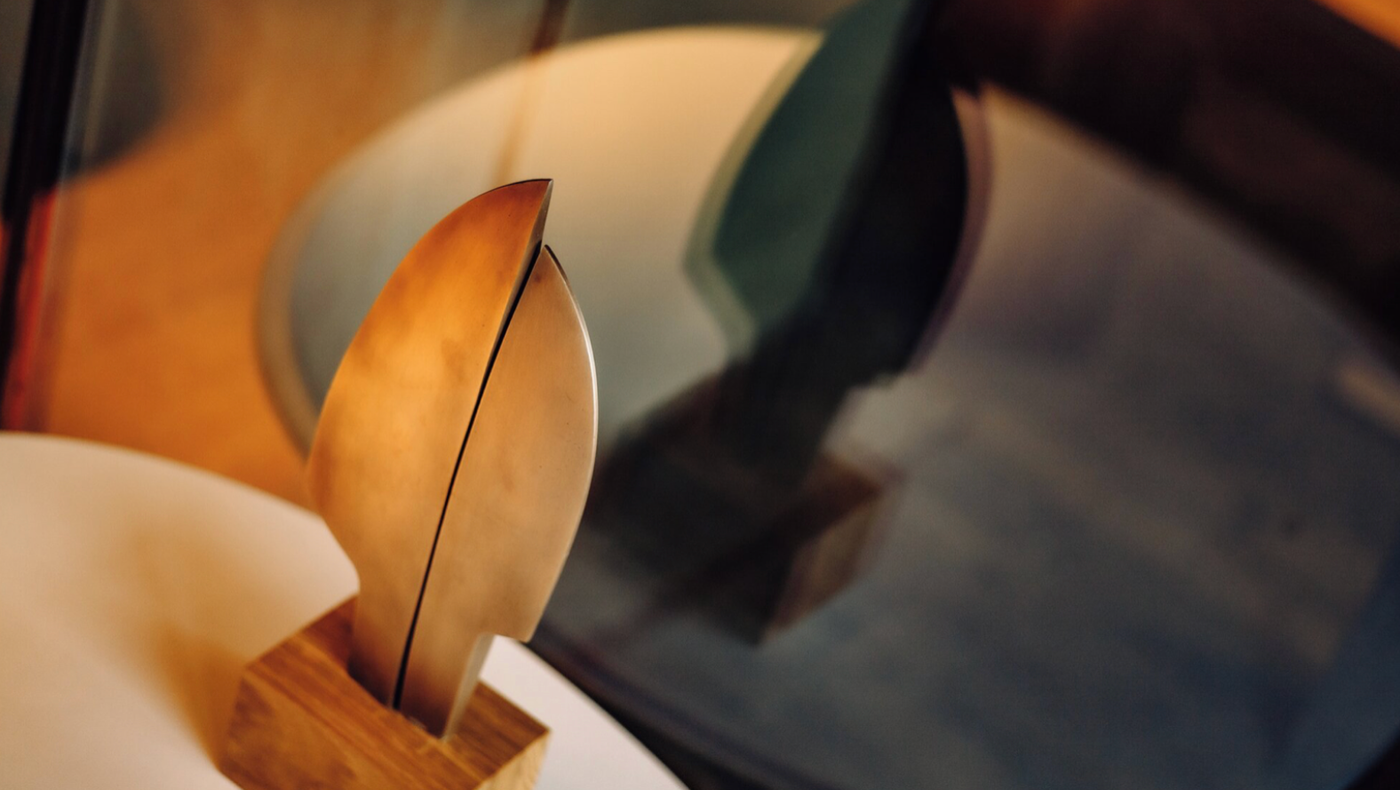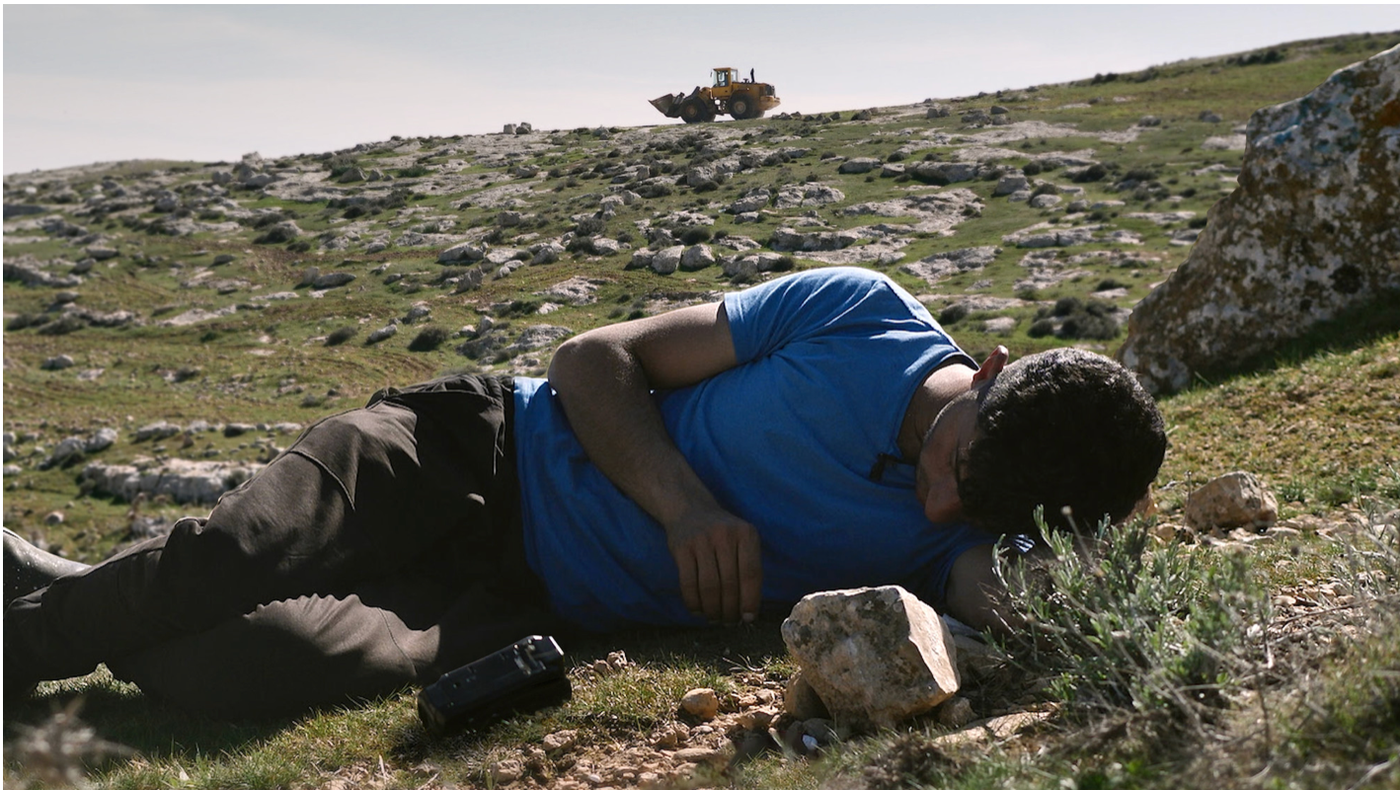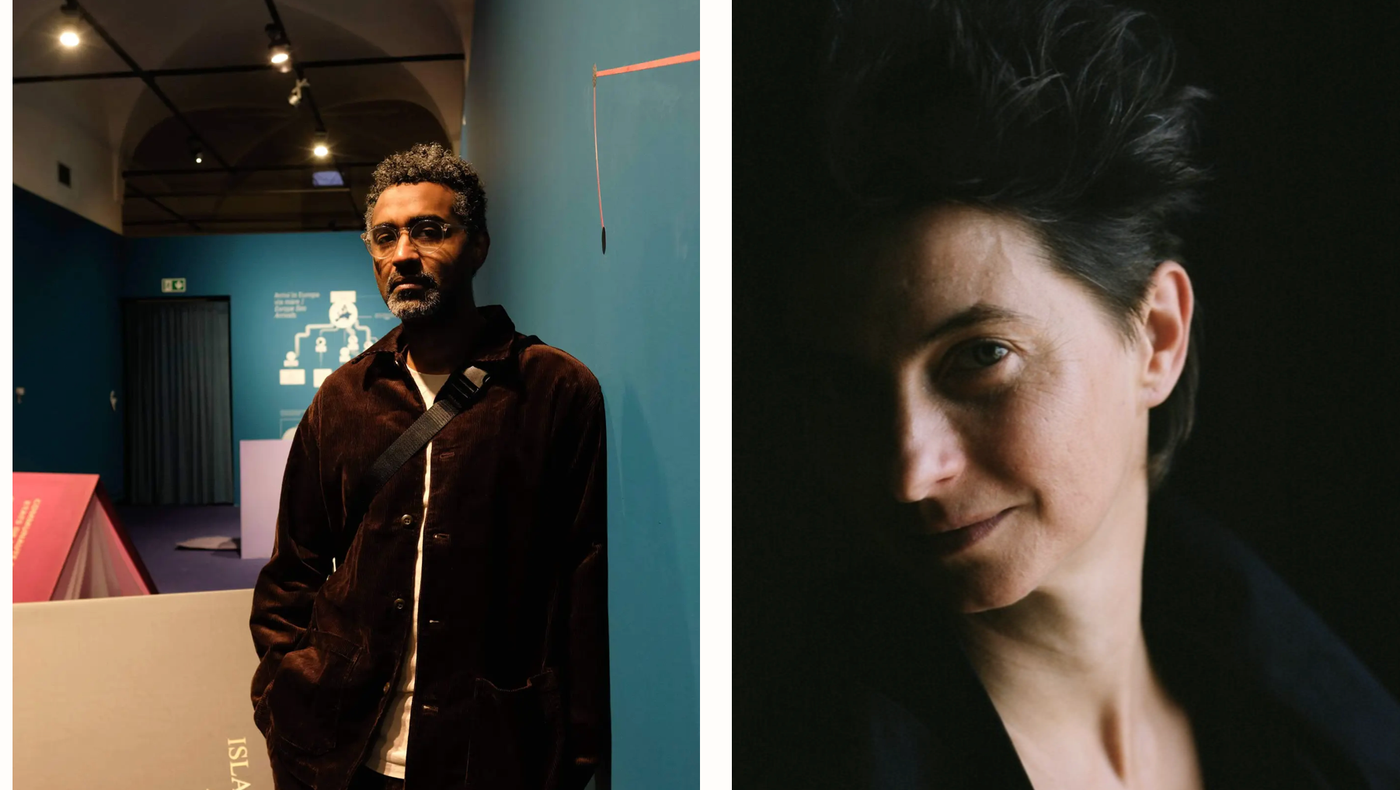‘The War to End War’
Lectures and Debates on the First World War
In most European countries, 2014 is the year for the commemoration of the First Word War – its outbreak, development, and aftermath. With a series of lectures, debates, films and other presentations, Fritt Ord will highlight especially the consequences and interpretations of the ‘War to End War’, as well as society and culture during the 1920’s and the 1930’s.
The events will take place the weekends 23-24 November 2013, 8-9 February 2014, and 8-9 March 2014, in the House of Literature, Wergelandsveien 29, Oslo.
PROGRAMME
Christopher Clark: How Europe went to War in 1914
Saturday 23 November, 15:00-16:00
Christopher Clark, Cambridge, has published a critical biography of the last German Kaiser titled Kaiser Wilhelm II (2000), and a best-selling history of Prussia titled Iron Kingdom. The Rise and Downfall of Prussia, 1600-1947 (2006). In his latest book, The Sleepwalkers: How Europe Went to War in 1914 (2012), he offers a fresh look at World War I, focusing not on the battles and atrocities of the war itself, but on the complex events and relationships that led a group of political leaders into brutal conflict. Clark examines the decades of history that informed the events of 1914 and details the mutual misunderstandings and unintended signals that drove the crisis forward in a few short weeks. He argues that pre-1914 Europe was inherently unstable, riven by ethnic and nationalistic factions, and that paranoid imperialism led the actors to sleepwalk into war.
Patrick Salmon: Scandinavia and the Outbreak of the First World War
Saturday 23 November 16:00-17:00
Patrick Salmon is the Chief Historian at the Foreign and Commonwealth Office and visiting professor at Newcastle University. His research focuses on the history of Scandinavia and international relations in the twentieth century. He is the author of several books and papers on the Nordic countries’ relations with Europe, including Scandinavia and the Great Powers 1890-1940 (2002), which analyses the changing position of the Nordic states in the twentieth-century, and the role of Scandinavia in the military plans and economic policies of the great powers before and during the two world wars. It focuses on the Nordic countries’ relations with Great Britain, Germany and Russia in the light of international relations theory.
Ute Frevert: The Honour Game. Male Pride and Female Humiliation in Europe’s 1914 July Crisis
Saturday 23 November 17:00-18:00
Ute Frevert is professor of Modern History at the Free University of Berlin and Director of the Max Planck Institute for Human Development where she runs the Center for the History of Emotions. She has published widely in the field of social, cultural and gender history. Her English-language monographs include Women in German History: From Bourgeois Emancipation to Sexual Liberation (1989); Men of Honour: A Social and Cultural History of the Duel (1995); A Nation in Barracks: Modern Germany, Military Conscription and Civil Society ( 2004) and Emotions in History – Lost and Found (2011). Together with Thomas Dixon, she edits a series at Oxford University Press “Emotions in History 1500-2000”; its first volume is to appear in 2014.
Hew Strachan: Military operations and national policies
Sunday 24 November 15:00-16:00
Sir Hew Strachan is a Scottish military historian and Professor of the History of War University of Oxford. He was commissioned by Oxford University Press to write a history of the First World War, and has published The First World War: Volume 1: To Arms (2001) and The First World War in Africa (2004). Since 2004 Professor Strachan has been director of the Oxford Programme on the Changing Character of War, and has published a series of important articles on strategy, as well as editing books which have arisen from the project.
